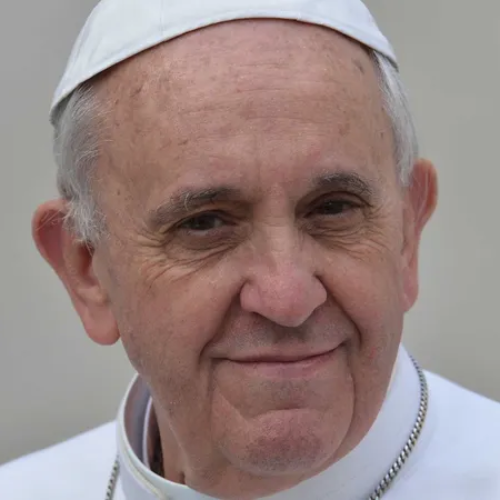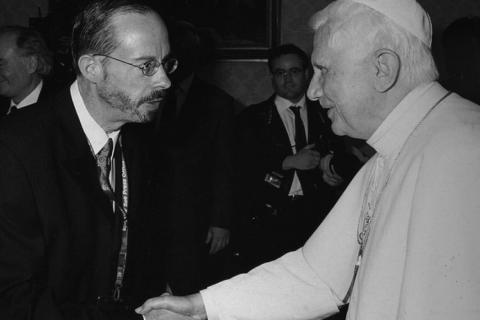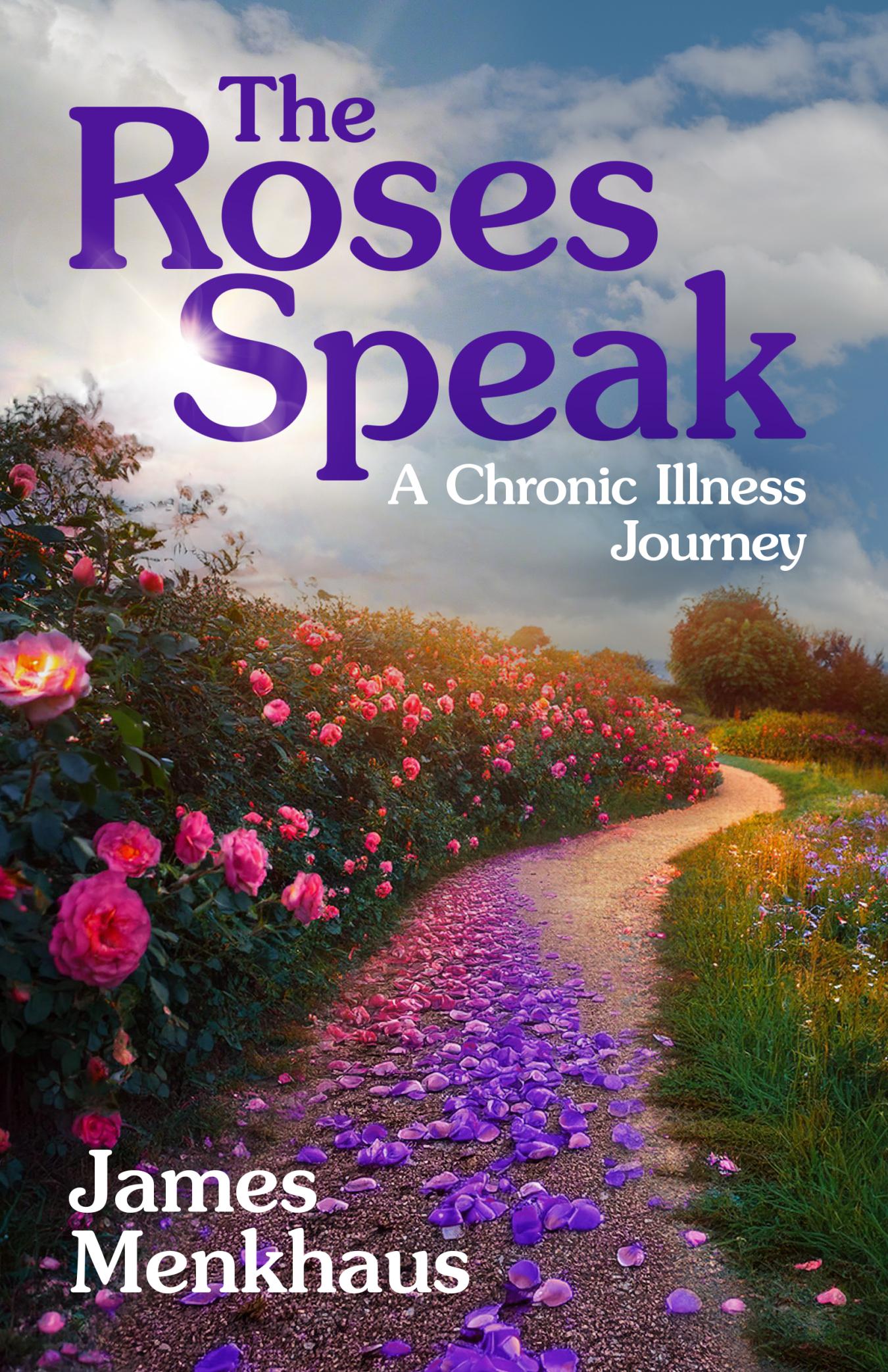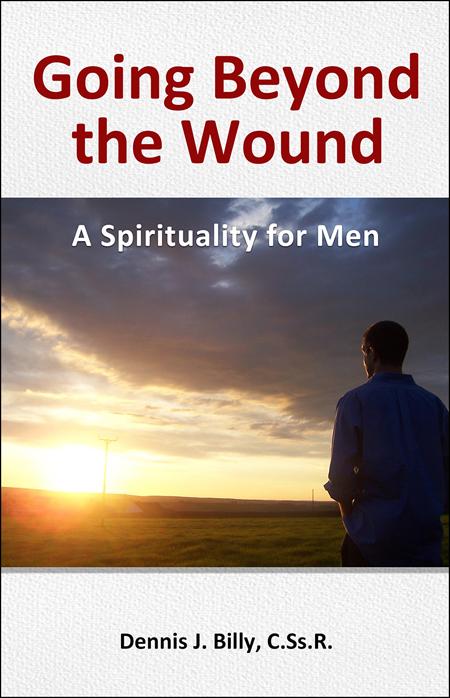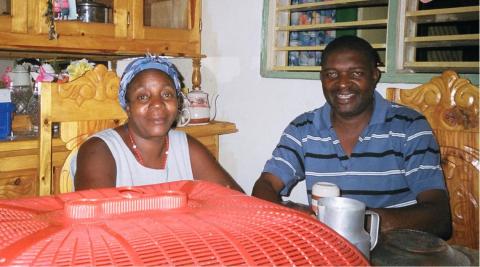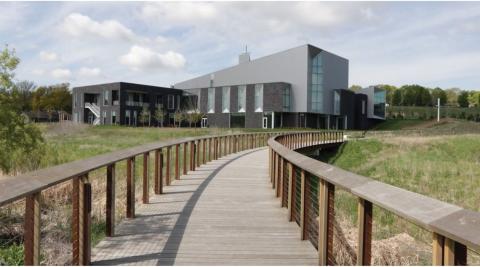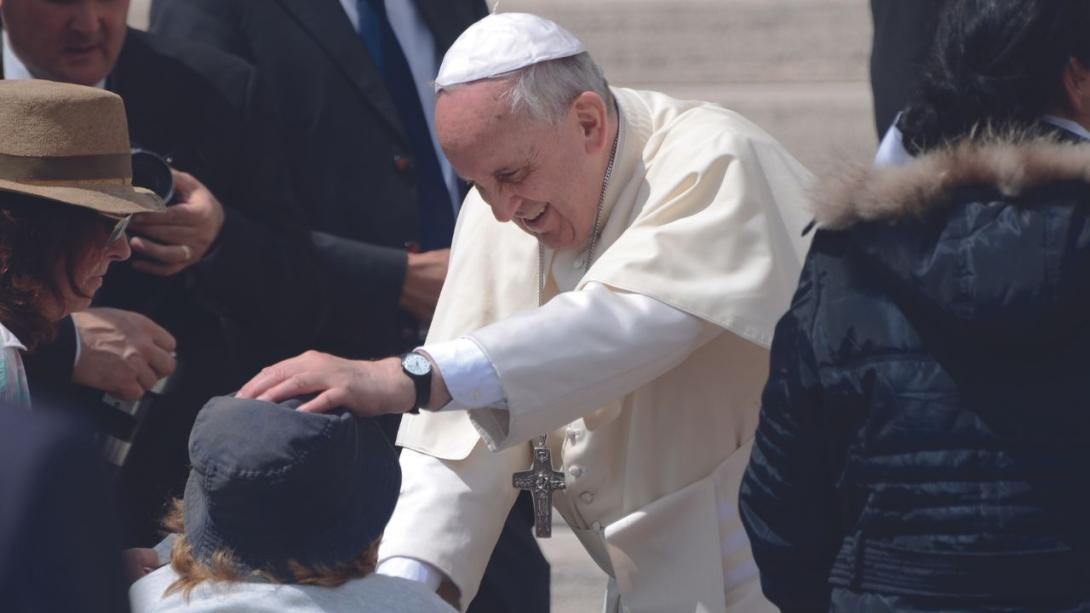
Photo by: Marite Sganga | Dreamstime.com
Old age is one of the most urgent issues facing the human family at this time. It is not just a question of quantitative change; the unity of the stages of life is at stake: that is, the real point of reference for understanding and appreciating human life in its entirety.
We ask ourselves: is there friendship, is there cooperation between the different stages of life, or do separation and being discarded prevail? …
We all live in a present where children, young people, adults and the elderly coexist. But the proportion has changed: longevity has become a mass [phenomenon] and, in large parts of the world, childhood is distributed in small doses. We have talked about the winter demographic as well; an imbalance that has many consequences.
The dominant culture has as its sole model the young adult, that is, a self-made individual who always remains young. But is it true that youth contain the full meaning of life, while old age simply represents its emptying and loss? Is that true? Only youth have the full meaning of life, and old age is the emptying of life, the loss of life?
The exaltation of youth as the only age worthy of embodying the human ideal, coupled with contempt for old age, seen as frailty, as decay or disability, has been the dominant image of 20th-century totalitarianism. Have we forgotten this?…
The wisdom of the long journey that accompanies old age to its close must be experienced as an offer of meaning to life, not consumed as the inertia of its survival. If old age is not restored to the dignity of a humanly worthy life, it is destined to close itself off in a despondency that robs everyone of love.
This challenge of humanity and civilization requires our commitment and God’s help. Let us ask the Holy Spirit for this.
With this catechesis on old age, I would like to encourage everyone to invest their thoughts and affections in the gifts it carries with it and to the other stages of life. Old age is a gift for all stages of life. It is a gift of maturity, of wisdom. The Word of God will help us discern the meaning and value of old age; may the Holy Spirit grant us, too the dreams and visions we need.
Stay connected to your roots
The important thing is not only that the elderly occupy the place of wisdom they have, of lived history in society, but also that there be a conversation, that they talk to the young. The young must converse with the elderly, and the elderly with the young. And this bridge will be the transmission of wisdom in humanity. (February 23)
Dialogue between the generations is necessary. If there is no dialogue between young people and the elderly, if there is no dialogue, then each generation remains isolated and cannot transmit the message.
A young person who is not bonded to his or her roots, which are the grandparents, does not receive the strength—like a tree gets its strength from the roots—and grows up badly, grows up sick, grows up without points of reference.
This is why it is necessary to seek a dialogue between the generations, as a human need. And this dialogue is important especially between grandparents and grandchildren, who are the two extremes.
Today there is greater longevity of human life. This gives us the opportunity to make the covenant between all stages of life grow. Much longevity, but we must make more of the covenant. And this also helps us to make the covenant with the meaning of life in its entirety grow.
The meaning of life is not found only in adulthood, say, from 25 to 60 years. The meaning of life is all of it, from birth to death, and you should be able to interact with everyone, and also to have emotional relationships with everyone, so that your maturity will be richer and stronger. And it also offers us this meaning of life, which is a whole.
May the Spirit grant us the intelligence and strength for this reform: a reform is needed. The arrogance of the time on the clock must be converted into the beauty of the rhythms of life. This is the reform we must make in our hearts, in the family and in society.
Be a blessing. The elderly have their special role in society: young and old need each other to prepare the future.
Prophets against corruption
In the Bible story, when it comes to saving life on earth from corruption and from the flood, God entrusts the task to the fidelity of the eldest of all, the ‘righteous’ Noah. Will old age save the world, I wonder? In what sense? And how will old age save the world? And what is the prospect? Life after death or just survival until the flood?
Old age is in a good position to grasp the deception of this normalization of a life that is obsessed with enjoyment and empty of an inner reality: life without thought, without sacrifice, without beauty, without truth, without justice, without love: this is all corruption.
The special sensibility of us old people, of old age, for the attention, thoughts and affections that make us human, should once again become the vocation of many. And it will be a choice of the elderly’s love for the new generations.
We will be the ones to sound the alarm, the alert: ‘Be aware, this is corruption, it will bring you nothing.’ There is a great need today for the wisdom of the elderly to counteract corruption.
The new generations expect from us, the elderly, a word that is prophecy, that opens the doors to new perspectives outside that carefree world of corruption, of the habit of corrupt things. God’s blessing chooses old age, for this charism that is so human and humanizing.
What is the meaning of my old age? Each one of us elderly people can ask ourselves this. The meaning is this: being a prophet of corruption and saying to others: ‘Stop, I have taken this path and it does not lead you anywhere! Now I will tell you about my experience.’
We, the elderly, should be prophets against corruption, just as Noah was the prophet against the corruption of his time, because he was the only one in whom God trusted. I ask you all—and I also ask myself: is my heart open to being a prophet against today’s corruption?…
And Noah is the example of this generative old age: it is not corrupt, it is generative. Noah does not preach, he does not complain, he does not recriminate, but rather he takes care of the future of the generation that is in danger. We seniors must take care of the young, of children who are in danger. He builds the ark of acceptance and lets people and animals enter it.
In his care for life, in all its forms, Noah obeys God’s command, repeating the tender and generous gesture of creation, which in reality is the very thought that inspires the command of God: a new blessing, a new creation (Gen 8:15–9, 17). Noah’s vocation remains ever relevant.
Excerpts from Pope Francis’ catechesis on the elderly, February 23–March 16, from vatican.va


